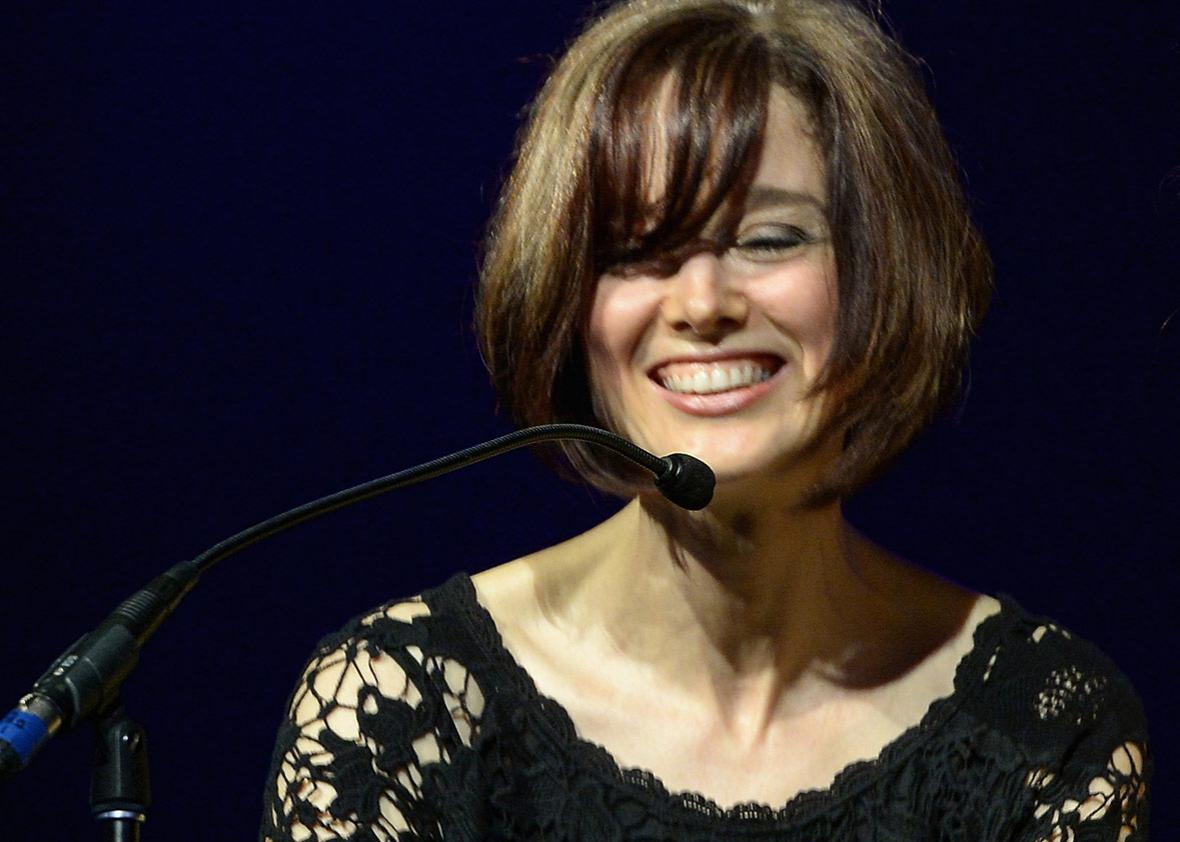The current crusade against sexual violence started in Hollywood. Now, a group of women hopes to bring this conversation to a setting supposedly far from Babylon: the evangelical church. This week, more than 140 prominent evangelical women released a statement that calls on churches and their leaders to resist violence against women, and support women in telling their stories. “Women of all faiths, races, cultures and backgrounds are bravely breaking their silence,” the statement asserts, “yet many in communities of faith do not match their bravery with action.” Using the hashtag #SilenceIsNotSpiritual, the group calls on church leaders to stand in solidarity with women who have experienced violence, and to “fight both systemic and individual injustices in our midst.”
The call to action comes a few weeks after the hashtag #ChurchToo, a spin on #MeToo in which women shared stories about abuse and harassment in church settings:
Sexual abuse and harassment can be particularly hard for women to manage in spiritual communities, where perpetrators are not just 9-to-5 bosses but shepherds of their flock’s eternal salvation. “It’s one thing to say, ‘I’m abusing you,’ and it’s another to say, ‘I’m abusing you, and this is how God wants it,’ ” Emily Joy, one of the creators of #ChurchToo, told Religion News Service.
The new statement’s signatories include pastors, theologians, best-selling authors, professors, and high-level staff members at large nonprofits like World Vision, World Relief, and Compassion International. The list includes many women of color and women representing progressive Protestant traditions. But it also includes influential women who work squarely within the white evangelical mainstream—a cohort that voted overwhelmingly for a president who has been credibly accused of sexual misconduct by more than a dozen women. Signatories include Lynne Hybels, the co-founder of one of the country’s largest churches, and Ann Voskamp, a best-selling author of inspirational books about spirituality. Since the letter was published Wednesday morning, other prominent evangelical women have voiced their support, including evangelist and author Beth Moore.
Just a few years ago, many of these signatories were teaching and writing about apolitical topics like personal spirituality and Jesus-inflected self-help. In theologically conservative churches—a group that includes many slickly branded megachurches—women are forbidden from preaching. That means women with leadership potential tend to create their own ministries, speaking at conferences and selling books. They often have much larger and more devoted audiences than the male institutional leaders who tend to suck up the most oxygen in the mainstream media. Their primary audience of Christian women, meanwhile, has also been acculturated to shun “divisive” and “negative” topics. As writer and former Christianity Today editor Katelyn Beaty wrote this week in an astute essay for Religion & Politics, “If Christian women’s needs have been defined as upbeat and encouraging, then ‘selling’ critique, political opinion, or even anything negative will break unspoken but powerful market rules.”
But Donald Trump’s election has galvanized several high-profile evangelical women leaders into speaking more directly to the political moment. Moore, best known for her arena tours and Bible study books, has become a consistent critic of the president. Long before #MeToo, which she also promoted, she was rooting her criticism specifically in her womanhood. “I’m one among many women sexually abused, misused, stared down, heckled, talked naughty to,” she wrote when the Access Hollywood tapes emerged in 2016. “Like we liked it. We didn’t. We’re tired of it.”
She’s not alone in expanding her attention from women’s spiritual lives to the national conversation. Voskamp stood outside the National Prayer Breakfast in February to protest Trump’s restriction on immigration from Muslim-majority countries. Jen Hatmaker, who also signed the statement, started her career as a Christian parenting blogger and has become a sharp critic of Trump. “We will not forget,” she tweeted in response to the tapes last year. “Nor will we forget the Christian leaders that betrayed their sisters in Christ for power.” That’s the righteous spirit animating this new statement, which has acquired almost 3,000 additional signatures since it was posted publicly on Wednesday. “Action is not optional,” the statement reads. “This moment in history is ours to steward.”
